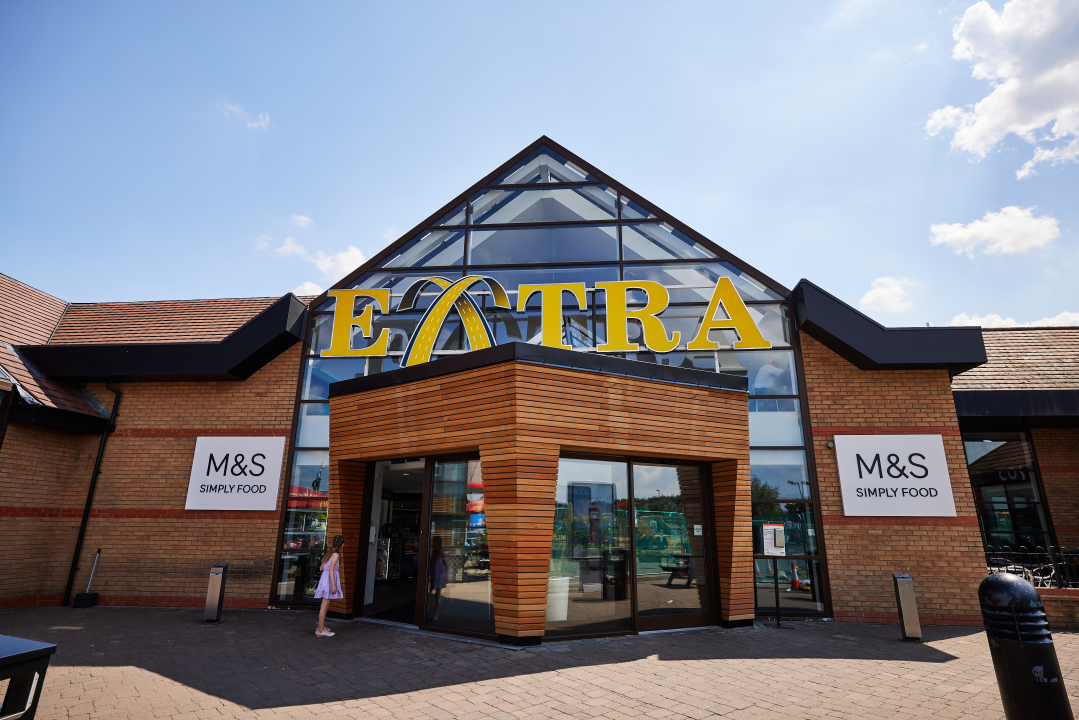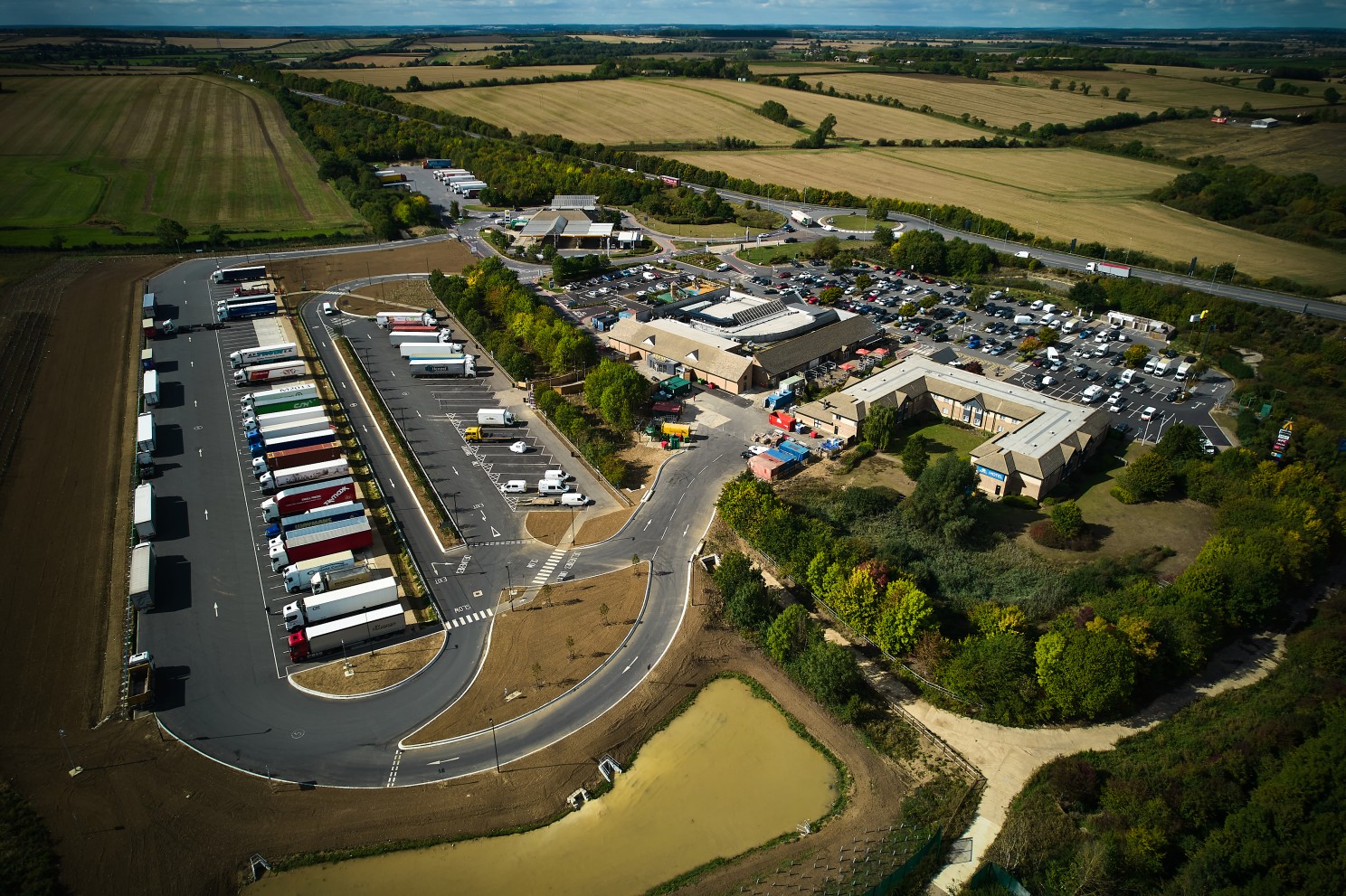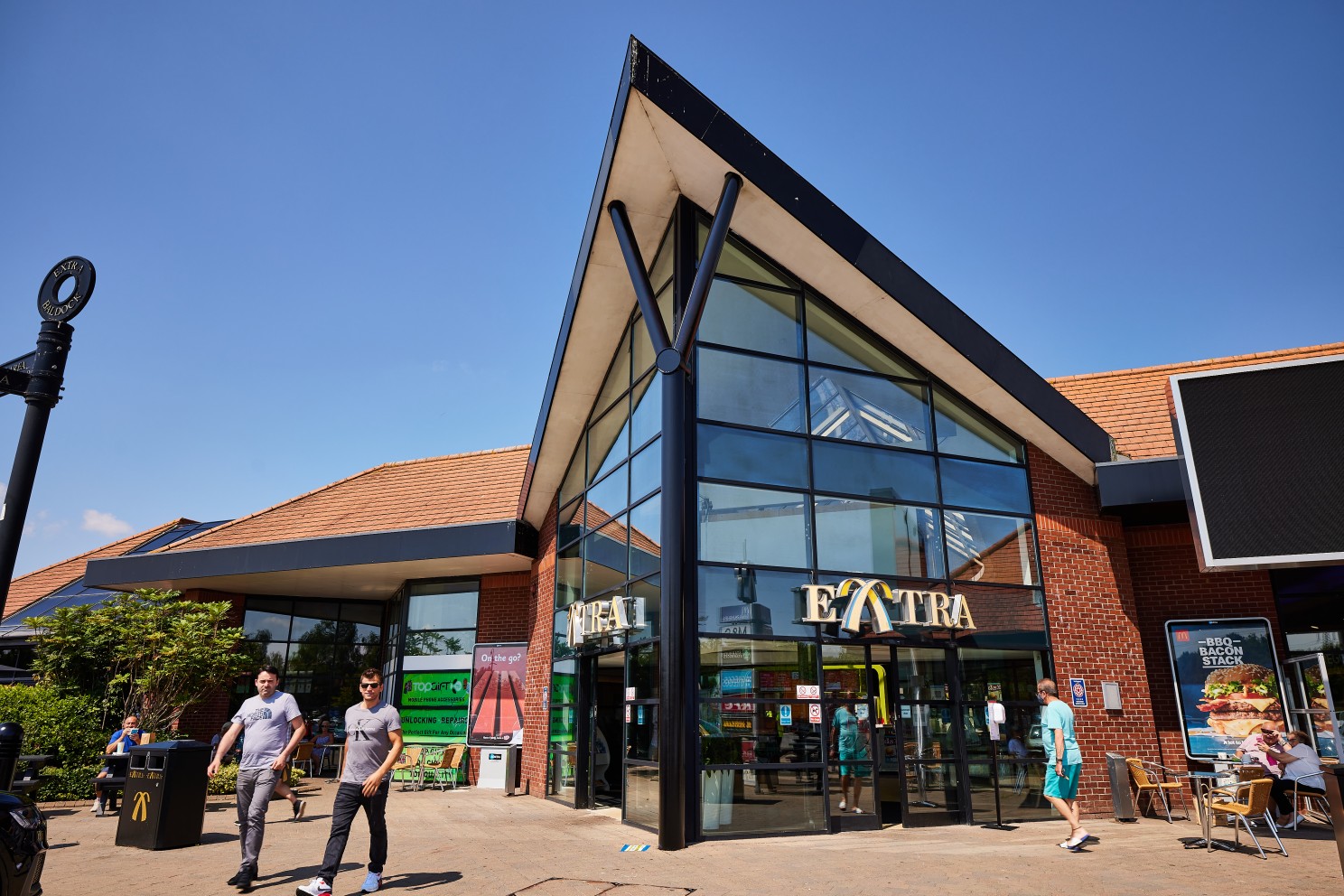
Josh Cousens
Strateginė partnerystė: SNAP ir "Extra" požiūris į sunkvežimių stovėjimo aikšteles
Sukurta: 01-08-2024
•
Atnaujinta: 13-08-2024
Direktorius Rossas Mendenhallas aiškina, kaip SNAP padėjo "Extra Motorway Service Area" (MSA) padidinti pajamų augimą visame tinkle iki 8 % per metus nuo 2011 m., kai pradėjome dirbti kartu.
"Pagrindinė nauda mums yra ta, kad SNAP klientų bazė nuolat plečiasi, todėl kasmet galime pasiekti dar 30 000 potencialių klientų", - sako Rossas Mendenhallas, kuris naudojasi SNAP, kad maksimaliai padidintų "Extra" sunkvežimių stovėjimo aikštelių verslą.
Rossas paaiškina savo vaidmenį "Extra": "Aš prižiūriu mūsų aštuonių MSA tinklą visoje Anglijoje, užtikrindamas, kad mūsų darbo aplinka ir procesai būtų geriausi, kad galėtume užtikrinti maksimalų klientų pasitenkinimą, ir bendradarbiaudamas su mūsų generaliniu direktoriumi užtikrinu, kad sutelktume dėmesį į mūsų augimo ambicijas.
"Taip pat glaudžiai bendradarbiauju su mūsų tiekėjais ir nuomininkų prekių ženklais, kad užtikrintume geriausią įmanomą patirtį visiems, kurie lankosi mūsų MSA."
Papildomos greitkelių aptarnavimo zonos
2000 m. Kembridže atidariusi pirmąją aikštelę, "Extra" dabar yra viena didžiausių Jungtinės Karalystės greitkelių aptarnavimo operatorių. Naujausioje "Transport Focus" greitkelių paslaugų vartotojų apklausoje "Extra" buvo išrinkta pirmuoju operatoriumi pagal klientų pasitenkinimą Jungtinėje Karalystėje.
Rossas sako: "Svarbiausias mūsų verslo etosas yra įsipareigojimas "nueiti papildomą mylią" ir suteikti puikią patirtį visiems mūsų lankytojams.
"Ypač didžiuojamės tuo, kad siūlome platų mėgstamiausių Jungtinės Karalystės maisto ir gėrimų prekių ženklų asortimentą, vaizdingas lauko erdves su šunų vedžiojimo aikštelėmis ir vaikų žaidimų aikštelėmis, taip pat saugias, švarias ir aukštos kokybės patalpas, kuriomis visi gali mėgautis."
2023 m. papildomose greitkelių aptarnavimo zonose įvyko 260 066 SNAP automobilių stovėjimo sesijos.

Įveskite SNAP
2011 m. pradėjusi bendradarbiauti su SNAP, Ross paaiškina, kaip ši partnerystė padėjo bendrovei "Extra" išplėsti sunkvežimių stovėjimo aikštelės paslaugą. "SNAP padeda mums informuoti sunkiasvorių sunkvežimių vairuotojus ir transporto priemonių parkus apie pagrindines mūsų paslaugas, suteikia galimybę susipažinti su mūsų automobilių stovėjimo, degalų ir plovimo galimybėmis.
"Siekiame didinti pas mus sustojusių sunkiasvorių sunkvežimių vairuotojų pasitenkinimą, o priklausymas SNAP tinklui leidžia mums tai daryti. Naudodamiesi programėle, galime plėtoti partnerystę ir ekologiškus pardavimus, suteikdami klientams veiksmingą priemonę, leidžiančią daugiau sužinoti apie mūsų infrastruktūrą, įskaitant tai, kaip galime padaryti, kad jų viešnagė būtų maloni, atpalaiduojanti ir saugi."
Koks buvo sąrankos procesas?
Norėjome išsiaiškinti, ar ankstyvuoju santykių etapu kilo kokių nors komplikacijų.
Rossas sako: "Tai buvo labai paprasta. SNAP komanda buvo pasirengusi atsakyti į visus mums rūpimus klausimus ir net po to, kai sistema buvo baigta diegti, mielai išklausė mūsų atsiliepimus apie tai, kaip sistemą būtų galima patobulinti, kad ji geriau atitiktų mūsų poreikius."
Pajamų augimas
Paklausėme Ross, ar SNAP padėjo "Extra" padidinti pajamas:
"Mūsų partnerystė su SNAP padėjo mums nuolat didinti pajamų augimą, kuris per metus padidėjo 8 %, o sandorių augimas padidėjo 2 %.
"Kembridže ir Piterbore teikiamos paslaugos per metus labiausiai pagerėjo - 11 % ir 12 %. Be to, Piterboro, Lydso ir Kembridžo paslaugos šiuo metu yra užimtos 100 % ir daugiau."

SNAP prieiga ir saugumas
Po kelerių metų sėkmingo bendradarbiavimo 2018 m. "Extra" kreipėsi į mus, ar galėtume padėti patobulinti jų saugumo priemones.
"Bėgant metams toliau plėtojome partnerystę su SNAP, investavome į vaizdo stebėjimo ir ANPR technologijas, kad užtikrintume maksimalų saugumą.
"Visose aštuoniose mūsų aikštelėse įdiegtos apsaugos technologijos padėjo mums apsaugoti pajamas ir užtikrinti, kad kiekviena transporto priemonė mokėtų už teisingą buvimo laiką.
"Bendradarbiavimas su "SNAP Access & Security" turėjo beveik tiesioginį poveikį - nuo pat įdiegimo pradžios pajamos iš automobilių stovėjimo aikštelių padidėjo apie 20 %.
"Be to, sunkvežimių vairuotojai, sustoję ilgesniam laikui, pirmenybę teikia saugumui, todėl džiaugiamės galėdami padėti jiems maloniau praleisti laiką ir patikinti, kad taikome išsamias priemones, padedančias sumažinti vagysčių riziką.
"Turėdami prieigą prie SNAP verslo žvalgybos prietaisų skydelių taip pat galime stebėti duomenis realiuoju laiku, todėl galime užtikrinti geriausią įmanomą naudotojų patirtį", - sako Rossas.
Geriausia dalis
Baigdami pokalbį, norėjome paklausti Rosso, kas, jo manymu, buvo geriausia dirbant su SNAP:
"Svarbiausias mūsų sėkmės aspektas - poveikis darbuotojų darbo efektyvumui. Įdiegus ANPR sistemą ir mokėjimo terminalus, vairuotojai gali naudotis savitarnos paslaugomis, o tai reiškia, kad darbuotojai gali sutelkti dėmesį į kitas svarbias užduotis, pavyzdžiui, valymą, techninę priežiūrą ir klientų aptarnavimą.
"Mokėjimo terminalų lankstumas taip pat labai svarbus: vairuotojai gali naudotis mokėjimo terminalais 15 kalbų, taip pagerindami klientų patirtį ir sumažindami kalbos barjero problemas."
Jei norite sužinoti daugiau apie "Extra" paslaugų partnerius SNAP tinkle, šiandien apsilankykite SNAP žemėlapyje . Jei siūlote sunkvežimių stovėjimo aikšteles ir norite prisijungti prie SNAP tinklo, sužinokite daugiau čia.


